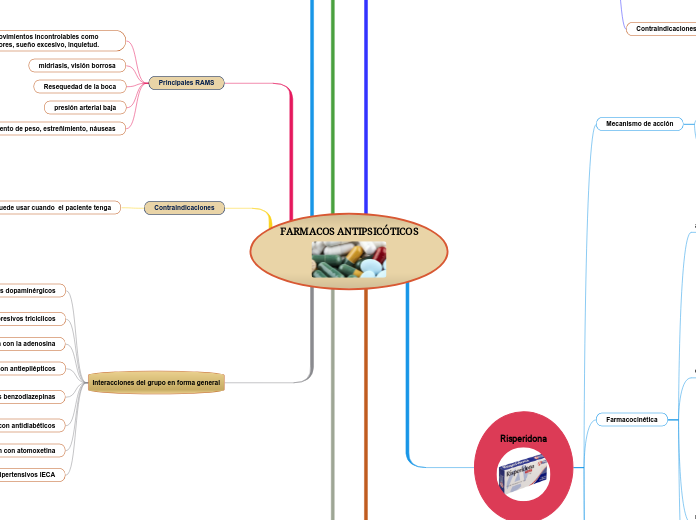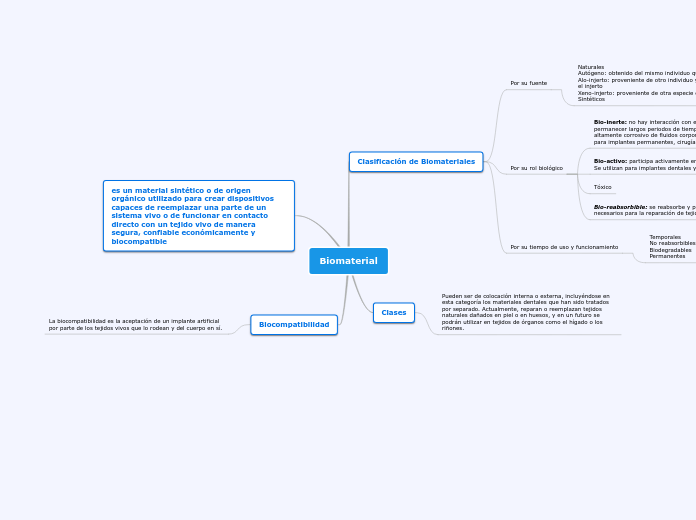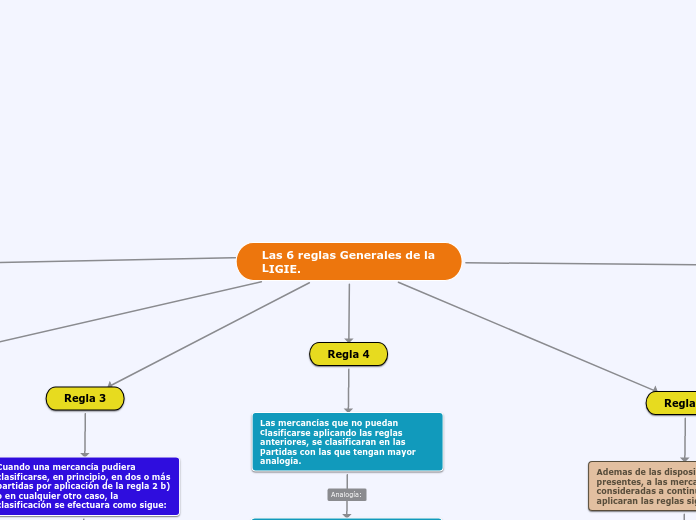FARMACOS ANTIPSICÓTICOS
The Solar System is the gravitationally bound system of the Sun and the objects that orbit it, either directly or indirectly. Of the objects that orbit the Sun directly, the largest are the eight planets, with the remainder being smaller objects, the dwarf planets, and small Solar System bodies.
Clorpromazina
It was once considered a planet but in August 2006 the International Astronomical Union (IAU) downgraded the status of Pluto to that of “dwarf planet.”
Pluto is unlike other planets in many respects. It is smaller than Earth's moon; its orbit is highly elliptical.
It's a cold, rocky world with a tenuous atmosphere. Pluto is a very active ice world that's covered in glaciers, mountains of ice water, icy dunes, and possibly even cryovolcanoes that erupt icy lava made of water, methane or ammonia.
A planet's day is the time it takes the planet to rotate or spin once on its axis.
Write down Pluto's day measured in Earth days.
depresión del SNC y medular
feocromocitoma
riesgo de hipertensión
cuando hay hipersensibilidad a la clorpromazina
Estreñimiento, retención urinaria,
hipotermia
hipotensión, hipotensión ortostática
taquicardia, arritmia cardiaca
sequedad de boca, síndrome de secreción inadecuada
visión borrosa, retinopatía pigmentada
Cefalea, confusión, fiebre, convulsiones, insomnio
How long does it take for Pluto to go around the sun?
Semivida de eliminación
30 h hasta 4 semanas
mayoritariamente en la orina
y una parte por las heces en metabolitos inactivos
Ampliamente en el hígado
Capaz de atravesar la barrera hematoencefálica, la placenta
aparece en la leche materna
20 I/kg
95-98%
Absorción
biodisponibilidad del 50%
T. máx. de acción 15-30min
biodisponibilidad variable
T. máx. de acción 30-60min
además, la clorpromazina llega a tener elevada afinidad para bloquear los receptores:
colinérgicos
H1-histaminérgicos
alfa-adrenérgicos
Su mecanismo no se conoce por completo, pero según estudios parece estar ligado con la dopamina del sistema límbico y los ganglios de la base.
Debido a que existe una relación directa entre la potencia antipsicótica y la frecuencia de efectos extrapiramidales
en la cual hay una afinidad por el receptor D2 de la dopamina
Interacciones del grupo en forma general
Interacción con antihipertensivos IECA
Aparición de una hipotensión intensa que puede derivar en sincope.
Interacción con atomoxetina
Aparición de arritmias cardíacas graves
Interacción con antidiabéticos
Posible reducción del efecto hipoglucemiante de los antidiabeticos.
Interacción con las benzodiazepinas
posible aumento de hipotensión, depresión respiratoria
Interacción con antiepilépticos
descenso de los niveles plasmáticos de los fármacos antipsicoticos.
Interacción con la adenosina
aparición de arritmias cardíacas graves,
Interacción con antidepresivos triciclicos
incremento de la concentración plasmática del antidepresivo
Interacción con los agonistas dopaminérgicos
riesgo de reducción de la acción antiparkinsoniana
no se puede usar cuando el paciente tenga
diabetes
una hipersensibilidad a los antipsicóticos
una insuficiencia renal
bradicardia
glaucoma
Principales RAMS
aumento de peso, estreñimiento, náuseas
presión arterial baja
Resequedad de la boca
midriasis, visión borrosa
Mareos, movimientos incontrolables como tics, temblores, sueño excesivo, inquietud.
farmacocinética
Eliminación biliar y renal
metabolismo hepatico
CYP
alta unión a proteínas
tienen alta liposolubilidad
Puede ser oral como IV e IM
por vía IV y IM
las que son de liberación prolongada
puede liberarse gradualmente a lo largo de varias semanas
adsorción oral
es incompleta con metabolismo de primer paso
.
Todos los antipsicóticos son antagonistas de los receptores D de la dopamina y la mayoría también bloquean los receptores de monoamina sobre todo la 5-HT.
Clasificación
Antipsicóticos atípicos
Antagonistas D2/D3
amilsuprina
Agonistas parciales
aripiprazol
antagonistas 5-HT
clozapina
Antipsicóticos típicos
butirofenonas
trifluperidol
haloperidol
derivados piperidinicos
flufenazina decanoato
perfenazina trifluoperazina
derivados alifáticos
levomepromazina
clorpromazina
Bibliografía
Jupiter is a giant gas world that is the most massive planet in our solar system.
Its swirling clouds are colorful due to different types of trace gases.
And a major feature in its swirling clouds is the Great Red Spot, a giant storm more than 10,000 miles wide. It has raged at more than 400 mph for the last 150 years, at least.
Jupiter has a strong magnetic field, and with 75 moons, it looks a bit like a miniature solar system.
5
Peressini S. Respuesta clínica al tratamiento con Risperidona en pacientes con Trastorno del espectro Autista. Universidad Nacional de Rosario. Facultad de Ciencias Médicas.; 2020.
4
Johanning LP, Lavagni MC. Hiperpigmentación Cutánea inducida por Fenotiazinas. Rev Clin Esc Med [Internet]. 2018 [citado el 9 de junio de 2022];8(4):1–4. Disponible en: https://www.medigraphic.com/cgi-bin/new/resumen.cgi?IDARTICULO=82235
Jupiter has a strong magnetic field, and with 75 moons, it looks a bit like a miniature solar system.
Name the 4 most known moons.
3
Heimann Navarra C. Antipsicóticos en esquizofrenia: revisión de guías internacionales actuales. Rev Asoc Esp Neuropsiquiatr [Internet]. 2015 [citado el 10 de junio de 2022];35(125):79–91. Disponible en: https://scielo.isciii.es/scielo.php?script=sci_arttext&pid=S0211-57352015000100006
How long does it take for Jupiter to go around the sun?
2
Muñoz OH, Vargas-Rodríguez LJ, Benavidez-Jiménez HA, Vega-Sepúlveda AC. risperidona Rev Neuropsiquiatr [Internet]. 2019 [citado el 10 de junio de 2022];82(4):293–7. Disponible en: http://www.scielo.org.pe/scielo.php?script=sci_arttext&pid=S0034-85972019000400008
A planet's day is the time it takes the planet to rotate or spin once on its axis.
Write down Jupiter's day measured in Earth days.
1
Alonso A. Clorpromazina y revolución del tratamiento de la psicosis en el siglo XX [Internet]. Psyciencia. 2018 [citado el 11 de junio de 2022]. Disponible en: https://www.psyciencia.com/clorpromazina-historia-indicaciones/
Risperidona
Earth is a water world, with two-thirds of the planet covered by oceans.
It's the only world known to harbor life.
Earth's atmosphere is rich in nitrogen and oxygen.
Its name originates from 'Die Erde,' the German word for 'the ground.'
Earth may once have had two moons, nowadays it has just one.
embarazo y lactancia
alergia a la risperidona
dolor osteomuscular
incontinencia urinaria, hipotermia, estreñimiento
hipotensión ortostática, taquicardia, hipertensión arterial
visión borrosa, sequedad ocular
Cefalea, mareo, ansiedad, nerviosismo, insomnio
How long does it take for Earth to go around the sun?
eliminación
vía IM
fase eliminación completa
7-8 semanas
3h
en fracción activa
metabolito activo
por la orina
vía IM (depot)
otra vía metabólica
es la N-desalquilación
citocromo P-450 IID6
da lugar a un metabolito
9-hidroxirisperidona
en el hígado
30-70%
por vía IM (depot)
unión las proteínas plasmáticas
9-hidroxi-risperidona
77%
alfa1-acida
albumina
1-2 I/Kg
concentraciones plasmáticas
se mantiene de 4-6 semanas
es rápida
por vía oral
80-90%
absorción
A planet's day is the time it takes the planet to rotate or spin once on its axis.
Write down the Earth's day in hours.
Vía IM (depot)
tras varias inyecciones de 25 y 50mg cada dos semanas
la media de las concentraciones plasmáticas
9,9-19,2 ng/ml y 17,9-45,5ng/ml
disminuye a partir de la séptima semana
adm. risperidona oral simultáneamente
la liberación empieza a las 3 semanas
pequeña liberación inicial
vía oral
75% de biodisponibilidad
concentración sérica max.
1h
baja actividad por los receptores H1-histaminergicos, alfa2-adrenergicos y colinérgicos
Es antagonista selectivo de los receptores 5-HT2 de la serotonina y D2 de la dopamina
también a los receptores alfa1-adrenergicos
Haloperidol
Neptune is about the size of Uranus and is known for supersonic strong winds.
Neptune is far out and cold.
The planet is more than 30 times as far from the sun as Earth.
Neptune was the first planet predicted to exist by using math, before it was visually detected. Neptune is about 17 times as massive as Earth and has a rocky core.
Contraindicaciones
no se puede usar
Enfermedad de Parkinson
depresión del SNC
si tiene alergia al haloperidol
RAMS
retención urinaria
taquicardia, hipertensión arterial, hipotencion
hipersalivacion, anorexia, diarrea, vómitos, sequedad de boca
Visión borrosa
Trastornos extrapiramidales, distonía, discinesia tardía
How long does it take for Neptune to go around the sun?
Farmacocinética
excreción
semivida de eliminación
13-40 h
en forma inalterada
1%
eliminación por heces y también puede ser por la orina
40%
metabolismo
implica una N-desalquilación oxidativa
produciendo metabolitos
hidroxihaloperidol
acido 4-fluorobenzoilpropionicodando
piperidinicos
distribución
volumen de distribución
20 I/Kg
unión a proteínas plasmáticas
92%
altos niveles en el tejido adiposo
adsorción
A planet's day is the time it takes the planet to rotate or spin once on its axis.
Write down Neptune's day measured in Earth days.
IM
concentración terapéutica
5 a 20mcg/l.
en forma de lactato
biodisponibilidad del 75%
Tmax= 10-20 min
efectos farmacológicos a los 30 min
oral
biodisponibilidad 60%
Tmax= 2-6h
Mecanismo de acción
elevada actividad antipsicótica y antiemética
Our Solar System has eight “official” planets which orbit the Sun.
Each planet is at a different distance from the sun. Name its position.
la acción antiemética
hace referencia a que antagoniza los receptores de la dopamina
en la zona gatillo quimiorreceptora del nervio vago
no se conoce exactamente como sucede esto
pero puede deberse también a la relacion directa entre la potencia antipsicótica y frecuencia de efectos extrapiramidales
selectivo por los receptores D2
Actúa antagonizando los receptores centrales y periféricos de la dopamina









